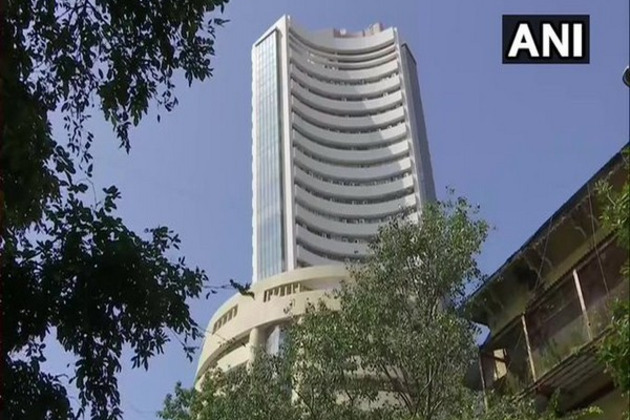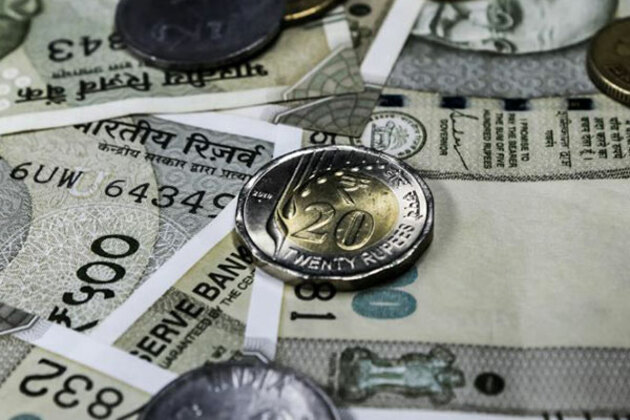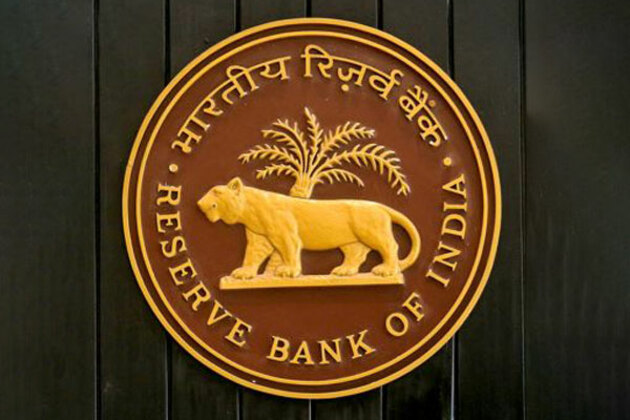Why Is There a Worldwide Oil-Refining Crunch
Voice of America
23 Jun 2022, 01:36 GMT+10

Drivers around the world are feeling pain at the pump with fuel prices soaring, and costs are surging to heat buildings, generate power and operate industries.
Prices were elevated before Russia invaded Ukraine on February 24. But since mid-March, fuel costs have surged while crude prices have increased only modestly. Much of the reason is a lack of adequate refining capacity to process crude into gasoline and diesel to meet high global demand.
How much can the world refineries produce daily?
Overall, there is enough capacity to refine about 100 million barrels of oil a day, according to the International Energy Agency (IEA), but about 20% of that capacity is not usable. Much of that unusable capacity is in Latin America and other places where there is a lack of investment. That leaves somewhere around 82 million to 83 million bpd in projected capacity.
How many refineries have closed?
The refining industry estimates that the world lost 3.3 million barrels of daily refining capacity since the start of 2020. About a third of these losses occurred in the United States, with the rest in Russia, China, and Europe. Fuel demand crashed early in the pandemic when lockdowns and remote work were widespread. Before that, refining capacity had not declined in any year for at least three decades.
Will refining pick up?
Global refining capacity is set to expand by 1 million bpd per day in 2022 and 1.6 million bpd in 2023.
How much has refining declined since before the pandemic?
In April, 78 million barrels were processed daily, down sharply from the pre-pandemic average of 82.1 million bpd. The IEA expects refining to rebound during the summer to 81.9 million bpd as Chinese refiners come back online.
Where is most of the refining capacity offline, and why?
The United States, China, Russia and Europe are all operating refineries at lower capacity than before the pandemic. U.S. refiners shut nearly 1 million bpd of capacity since 2019 for various reasons.
Nearly 30% of Russia's refining capacity was idled in May, sources told Reuters. Many Western nations are rejecting Russian fuel.
China has the most spare refining capacity. Refined product exports are allowed only under official quotas, mainly granted to large state-owned refining companies and not to smaller independent companies that hold much of China's spare capacity.
As of last week, run rates at China's state-backed refineries averaged around 71.3% and independent refineries were around 65.5%. That was up from earlier in the year, but low by historic standards.
What else is contributing to high prices?
The cost to carry products on vessels overseas has risen because of high global demand, as well as sanctions on Russian vessels. In Europe, refineries are constrained by high prices for natural gas, which powers their operations.
Some refiners also depend on vacuum gasoil as an intermediate fuel. Loss of Russian vacuum gasoil has prevented certain refineries from restarting certain gasoline-producing units.
Who is benefiting from the current situation?
Refiners, especially those that export a lot of fuel to other countries, such as U.S. refiners. Global fuel shortages have boosted refining margins to historic highs, with a key spread nearing $60 a barrel. That has driven big profits for U.S.-based Valero and India-based Reliance Industries.
India, which refines more than 5 million bpd, according to the IEA, has been importing cheap Russian crude for domestic use and export. It is expected to boost output by 450,000 by year-end, the IEA said.
More refining capacity is set to come online in the Middle East and Asia to meet growing demand.
 Share
Share
 Tweet
Tweet
 Share
Share
 Flip
Flip
 Email
Email
Watch latest videos
Subscribe and Follow
Get a daily dose of Middle East Star news through our daily email, its complimentary and keeps you fully up to date with world and business news as well.
News RELEASES
Publish news of your business, community or sports group, personnel appointments, major event and more by submitting a news release to Middle East Star.
More InformationInternational Business
SectionShell rejects claim of early merger talks with BP
LONDON, U.K.: British oil giant Shell has denied reports that it is in talks to acquire rival oil company BP. The Wall Street Journal...
Trump-backed crypto project gets $100 million boost from UAE fund
LONDON, U.K.: A little-known investment fund based in the United Arab Emirates has emerged as the most prominent public backer of U.S....
Nifty, Sensex opened with gains on Trump's trade deal optimism, Q1 results in July to drive market further
New Delhi [India], July 2 (ANI): Indian stock markets opened on a positive note on Wednesday, supported by optimism surrounding a potential...
Indian Rupee likely to trade in 85.25-86.25/USD range; India-US trade deal to support currency: BoB Report
New Delhi [India], July 2 (ANI): The Indian rupee is expected to trade in the range of 85.25-86.25 against the US dollar in the near...
RBI appoints Kesavan Ramachandran as new Executive Director
New Delhi [India], July 2 (ANI): The Reserve Bank of India (RBI) has appointed Kesavan Ramachandran as Executive Director of RBI with...
Eurozone inflation rate reaches 2 pct in June
The inflation is driven by the price of services, which recorded a yearly inflation rate of 3.3 percent in June, up from 3.2 percent...
International
SectionTrump hints at DOGE investigation of Musk subsidies
WASHINGTON, DC - U.S. President Donald Trump on Tuesday claimed Elon Musk's success has been built on government subsidies. Without...
Native leaders, activists oppose detention site on Florida wetlands
EVERGLADES, Florida: Over the weekend, a diverse coalition of environmental activists, Native American leaders, and residents gathered...
Beijing crowds cheer AI-powered robots over real soccer players
BEIJING, China: China's national soccer team may struggle to stir excitement, but its humanoid robots are drawing cheers — and not...
COVID-19 source still unknown, says WHO panel
]LONDON, U.K.: A World Health Organization (WHO) expert group investigating the origins of the COVID-19 pandemic released its final...
Fox faces $787 million lawsuit from Newsom over Trump phone call
DOVER, Delaware: California Governor Gavin Newsom has taken legal aim at Fox News, accusing the network of deliberately distorting...
DeepSeek faces app store ban in Germany over data transfer fears
FRANKFURT, Germany: Germany has become the latest country to challenge Chinese AI firm DeepSeek over its data practices, as pressure...















